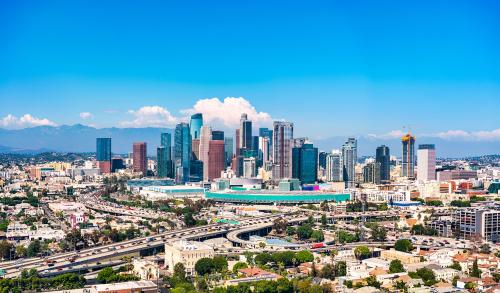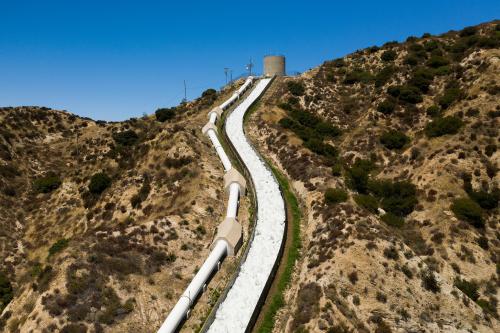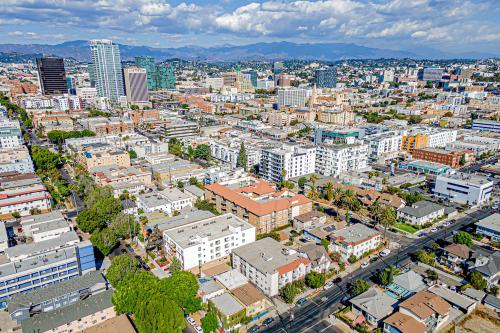As has been reported, President Obama’s FY 2010 budget marks a shift in policy priorities. This is abundantly true for transportation—at least in the budget overview narrative which stresses environmental sustainability, livable communities, and productive growth. Perhaps most importantly is the proposed emphasis on economic analysis and performance measurement in transportation planning. Better targeting of transportation dollars would indicate a focus on metropolitan areas—the economic engines of our nation.
With just a few top-line proposals there is still much to learn, but other early signs are also encouraging for metropolitan America.
One is the emphasis on mass transit as a key solution to addressing greenhouse gas emissions and improving air quality. The focus should be on improving transportation alternatives in 54 of the 100 largest metros that do not have any rail transit service and also have relatively weak bus systems. This lack of metropolitan travel options means nearly 100 million Americans are tethered to their cars for their daily travel needs.
Also hopeful is the apparent focus on federal leadership where national uniformity is required or due to the scale of certain problems. Several items stand out: one is the proposal to create and fund a National Infrastructure Bank to provide financial assistance to qualified and innovative infrastructure projects—from road and rails to ports and pipes—that matter to the nation as a whole or to a group of multiple states. The president is looking for $25 billion over five years for the effort.
Related, the budget also proposes national investments to improve intermetro area passenger travel. Emphasized are 21st-century approaches such as high-speed rail at $1 billion per year for five years and $800 million to modernize our outmoded air traffic control system. This should be the start of the development of a comprehensive plan for getting people between our major metropolitan areas. It should also serve as a starting line for the development of a plan to better move freight across the nation using rails, roads, and ports.
While there are many details to be ironed out, the preliminary budget request seems a step toward a new wave of transportation policy with a strong, and deliberate, federal partner.
The Brookings Institution is committed to quality, independence, and impact.
We are supported by a diverse array of funders. In line with our values and policies, each Brookings publication represents the sole views of its author(s).



Commentary
Op-edNew Budget Marks Shift in Transportation Policy
February 27, 2009